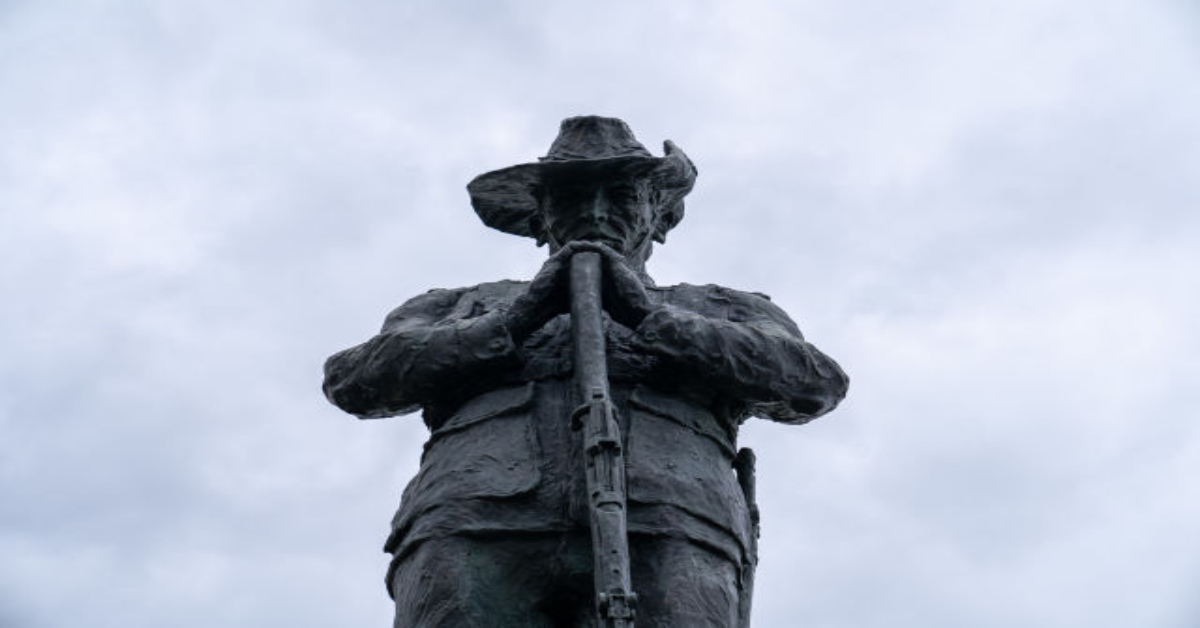First held in Redfern on 25 April 2007, the first Coloured Diggers ANZAC Day March serves to commemorate and acknowledge the contributions and sacrifices of the First Nations peoples in our wars. Each year, more people join the march and 2023 marks its 17th year.
ANZAC or Australian and New Zealand Army Corps were formed in 1915 to fight in Gallipoli in Turkey during the first World War where an estimated 8,700 Australians and 2,700 New Zealanders were killed.
Anzac Day became an established national day of commemoration for the thousands of Australian soldiers who lost their lives during the war during the 1920s. And through the years, it broadened to include those who died in World War II and in all military and peacekeeping operations participated in by Australian forces.
But what is probably unknown to many, is that there were about 1,000 Aboriginal and Torres Strait Islander peoples who also served in the first World War, about 70 who fought at Gallipoli, and about 5,000 in World War II. These Aboriginal men and women chose to enlist themselves to fight for the county and their land despite being legally exempt from military service.
But upon returning from service, they didn’t get the recognition they deserve, their sacrifices were ignored, they were denied eligibility for returned servicemen land grants, could not become members of Returned Services League (RSL), did not get Government support for the wounded and mentally scarred, and some even found their children taken away.
Fast forward to 2007, Aboriginal people banded together to organise the first Coloured Diggers March on Anzac Day. Hundreds of Aboriginal veterans along with their descendants marched along Redfern Street to St Saviour’s church to let the general public be aware of the contributions of Aboriginal war veterans and get the honour, respect and recognition they have long been denied.
“I find it extremely encouraging that Australia, as a nation, is finally starting to open up and have the uncomfortable conversations about our true history,” Mr Zulumovksi, Aboriginal man who has served in the Royal Australian Artillery Corps, said.
“With that comes a deeper understanding and appreciation for the Aboriginal and Torres Strait Islander peoples who volunteered to leave their country and kin to go far way to a distant land and defend a system that did not value or recognise them. One that in fact brutally oppressed them.”
“These are the tough facts that we will tell through the project. We will tell them so that this does not happen again, to any marginalised groups, and so that the nation, all of us, can properly heal and make our bonds stronger, giving fuller meaning to the Anzac spirit,” Mr Zulumovksi said.
The 2023 march, Mr Zulumovksi said, could be a record-breaking one with attendance expected to be between 1,000 and 1,500 people.
Published 2-March-2023







